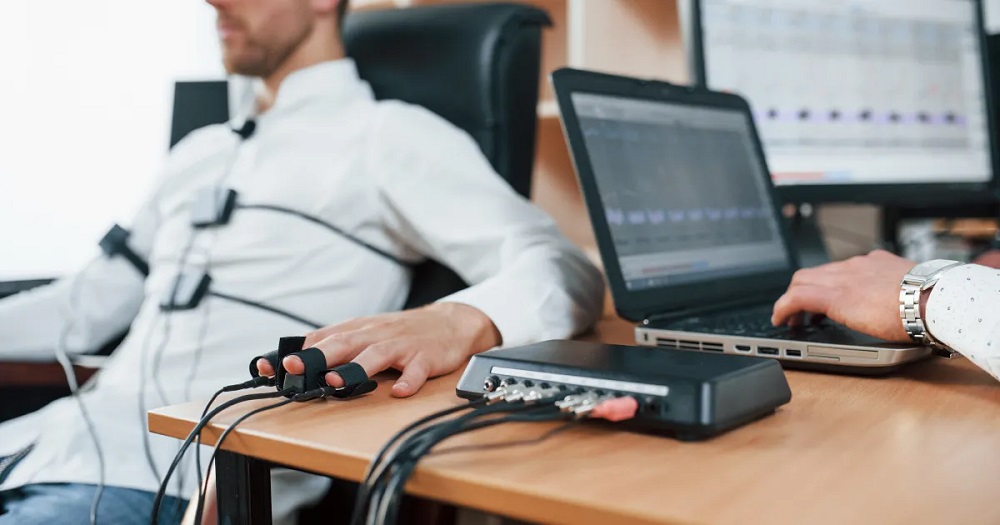Lie detector tests, or polygraphs, have for quite some time been a staple in both criminal examinations and different security screenings. Regardless of their depiction in films and media, the science behind these tests is both multifaceted and frequently misconstrued. The mechanics of how lie detector tests liedetectortest.com work and assesses their reliability.
How Lie Detector Tests Work?
Lie detector tests basically measure physiological reactions that are believed to be characteristic of double dealing. The gadget screens a few key pointers:
- Breath: The polygraph estimates changes in breathing examples. Misdirection might prompt quick, shallow breathing, which the machine records.
- Galvanic Skin Reaction: This action changes in the skin’s electrical conductance. At the point when an individual is under pressure, their skin’s dampness level changes, which can be identified by the polygraph.
- Pulse and Pulse: Expanded pulse and circulatory strain can flag pressure or tension. The polygraph tracks these progressions to evaluate whether a subject may lie.
During a polygraph test, the subject is posed a progression of inquiries while these physiological reactions are recorded. The fundamental supposition that will be that tricky responses will deliver more critical physiological changes contrasted with truthful responses.
 The Science Behind Polygraphs
The Science Behind Polygraphs
The precision of lie detector tests relies on the reason that lying triggers pressure reactions that can be equitably estimated. However, established researchers is separated on the adequacy of these tests. Studies have shown that while polygraphs can identify a few types of pressure and physiological changes, they are not secure in recognizing truth and double dealing. Polygraph tests are additionally impacted by different elements. For instance, a person with high tension levels might show physiological reactions like those of somebody who is lying, regardless of whether they are coming clean.
Reliability and Debates
The reliability of lie detector tests stays a subject of discussion. Pundits contend that polygraphs are not totally exact and can be impacted by an individual’s mental express, the expertise of the inspector, and the testing conditions. The American Mental Affiliation (APA) takes note of that while polygraphs might be valuable in specific settings, their exactness isn’t adequate for authoritative decisions about truthfulness.
Lie detector tests offer a fascinating look into the crossing point of brain science and physiology, liedetectortest.com however their reliability stays disagreeable. While they can give significant bits of knowledge in certain circumstances, they are nowhere near faultless. Understanding the systems behind polygraphs and their impediments is essential for anybody engaged with or impacted by their utilization.

